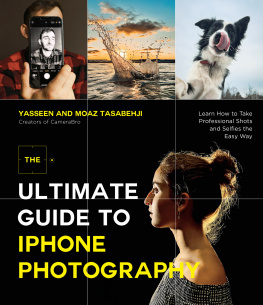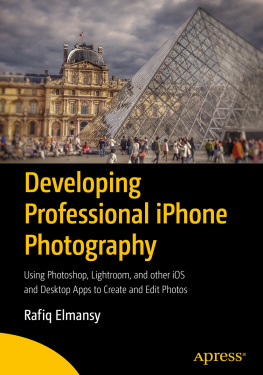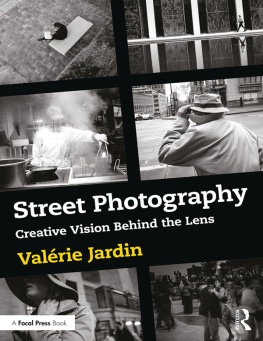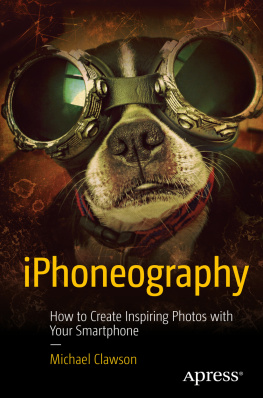Bob Weil - The Art of iPhone Photography: Creating Great Photos and Art on Your iPhone
Here you can read online Bob Weil - The Art of iPhone Photography: Creating Great Photos and Art on Your iPhone full text of the book (entire story) in english for free. Download pdf and epub, get meaning, cover and reviews about this ebook. year: 2013, publisher: Rocky Nook, genre: Romance novel. Description of the work, (preface) as well as reviews are available. Best literature library LitArk.com created for fans of good reading and offers a wide selection of genres:
Romance novel
Science fiction
Adventure
Detective
Science
History
Home and family
Prose
Art
Politics
Computer
Non-fiction
Religion
Business
Children
Humor
Choose a favorite category and find really read worthwhile books. Enjoy immersion in the world of imagination, feel the emotions of the characters or learn something new for yourself, make an fascinating discovery.

- Book:The Art of iPhone Photography: Creating Great Photos and Art on Your iPhone
- Author:
- Publisher:Rocky Nook
- Genre:
- Year:2013
- Rating:4 / 5
- Favourites:Add to favourites
- Your mark:
The Art of iPhone Photography: Creating Great Photos and Art on Your iPhone: summary, description and annotation
We offer to read an annotation, description, summary or preface (depends on what the author of the book "The Art of iPhone Photography: Creating Great Photos and Art on Your iPhone" wrote himself). If you haven't found the necessary information about the book — write in the comments, we will try to find it.
Key features of the book include:
- A wide variety of styles and subjects: Landscapes, street photography, abstracts, architecture, portraits, collages, concept pieces, etc.
- Detailed tutorials: Example artworks from authors and contributing photographers accompanied by descriptions of how each piece was created from both a creative and technical standpoint
- Explanations for practical use of nearly 100 apps, including BlurFX, Camera+, Iris Photo Suite (now Laminar), Juxtaposer, Photogene2, Pixlr-o-matic, ScratchCam FX, Snapseed, Superimpose, and TouchRetouch
- iPhoneography gallery: A stunning showcase of works by notable iPhoneographers
Always on, always at hand, and inconspicuously deployed, todays smartphones empower us to record the world in ever newer and more personal ways. By leveraging the photo-editing applications found on the iPhone, professional and amateur photographers alike are able to create not only editorial imagery, but also creative art.
Nicki Fitz-Gerald and Bob Weil, at iPhoneographyCentral.com, have built a community dedicated to the burgeoning collaboration between art and technology that is iPhoneography. Their site, and now this book, offer extensive, in-depth tutorials both for budding iPhoneographers looking to advance their craft, and professionals attempting to harness a new toolkit in service of their vision.
What they bring to the table is their belief that revealing the man behind the curtain does not diminish the teacher. Technique does not the artist make, but it does enable the newcomer to find his or her own voice. With thousands of apps available and more flooding the market daily, every new iPhoneographer wonders, What apps should I use? The answer to that question is so complex, with so many variables, that an illustrated tutorial such as this becomes an invaluable tool. There is really nothing like it.
It does not offer the advice of a single artist or showcase images from a small artistic segment. Indeed, it offers up stories, knowledge, tips, and secrets from many of the key players in the formation of this movement, showcasing more than 40 artists and tutorials and 80 pages of iPhonic art.
- Daria Polichetti, Co-Founder of Los Angeles Mobile Arts Festival
Bob Weil: author's other books
Who wrote The Art of iPhone Photography: Creating Great Photos and Art on Your iPhone? Find out the surname, the name of the author of the book and a list of all author's works by series.





